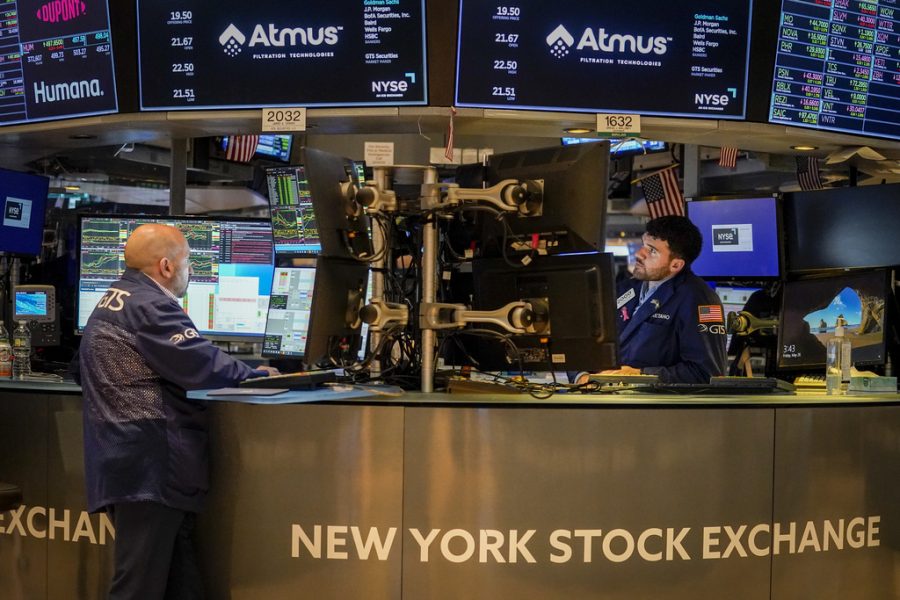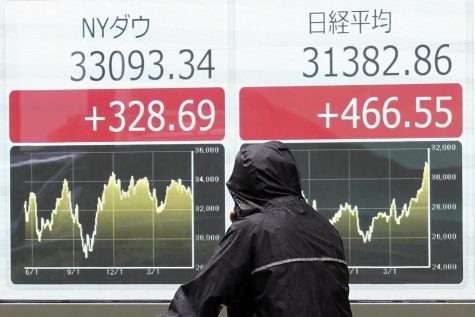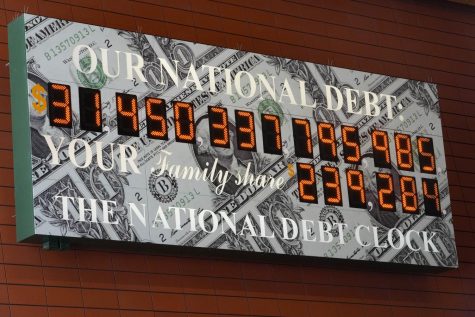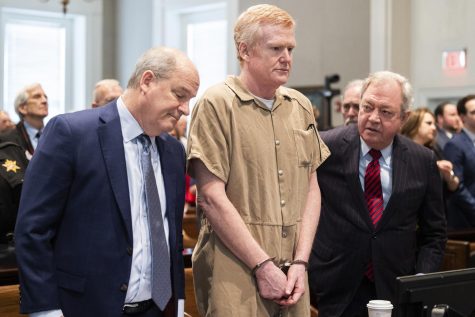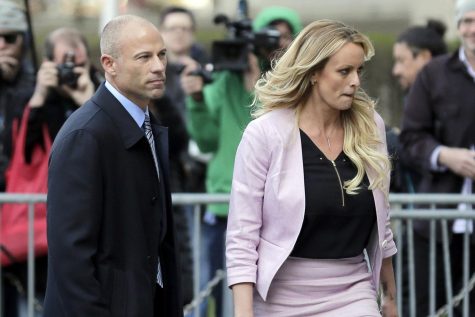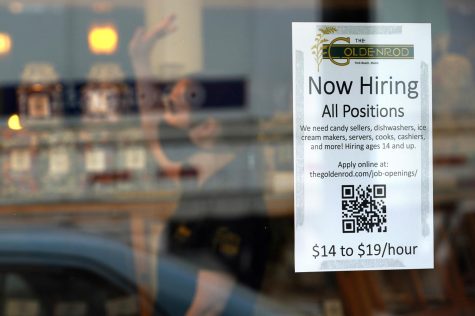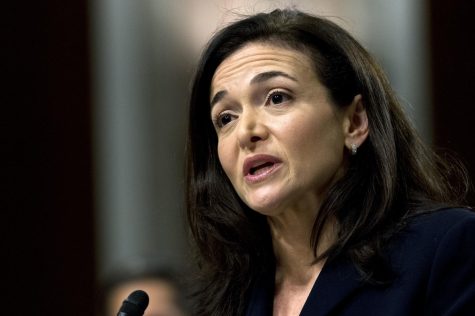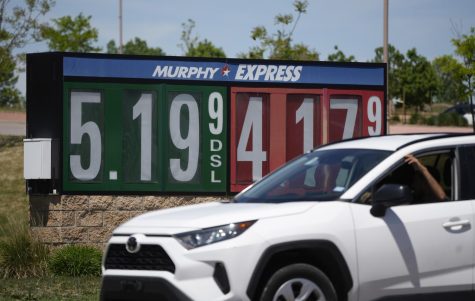Stock market today: Mixed finish for Wall Street
First trading since President Joe Biden and House Speaker Kevin McCarthy struck debt limit deal
JOHN MINCHILLO / Associated Press
Traders work at their stations at the New York Stock Exchange May 26, 2023.
NEW YORK — Wall Street churned to a mixed finish Tuesday as a long list of worries looms, even if the most pressing crisis seems to be calming as Washington moves to avoid a default on its debt.
The S&P 500 edged up by 0.07, or less than 0.1%, to 4,205.52, hovering close to its highest level since August. The Dow Jones Industrial Average slipped 50.56 points, or 0.2%, to 33,042.78. The Nasdaq composite, meanwhile, led the market with a 0.3% gain as excitement builds about artificial intelligence. It rose 41.74 to 13,017.43.
Tuesday marked the U.S. stock market’s first trading since President Joe Biden and House Speaker Kevin McCarthy struck a deal to allow the U.S. government to borrow more money, which would allow it to avoid a default on its debt. They must now convince Congress to approve it before the U.S. government runs out of cash to pay its bills, which could happen as soon as Monday.
Some on Capitol Hill are unhappy about the deal’s details, and Biden and McCarthy are both working to gather votes. The wide expectation on Wall Street has been for Washington to reach a deal in the 11th hour because failure would likely mean tremendous pain for the economy and financial markets.
Even if there is no default, though, all the partisan brinkmanship could further erode faith and trust in the U.S. government. That could trigger another downgrade to its credit rating, following Standard & Poor’s rating cut in 2011.
U.S. Debt Clock
Beyond the drama surrounding the nation’s debt limit, financial markets have been battling a long list of concerns. The economy is slowing, inflation is still high and interest rates may be heading even higher, which would further tighten the reins on the economy and financial markets.
The worries are also global, with China’s economic recovery weaker than expected following its relaxation of pandemic restrictions.
U.S. stocks have rallied recently despite worries after companies reported drops in profit for the start of the year that weren’t as bad as feared. And Wall Street’s growing frenzy over AI has helped boost the market.
Nvidia, whose chips help power the tech world’s newest rush, rose another 3% after already more than doubling this year. Last week, it gave a monster forecast for upcoming revenue as it described customers of all kinds racing to apply AI to their businesses.
Nvidia’s surge has its total value nearing $1 trillion, a threshold passed by only the biggest stocks. The huge gains are raising worries about another possible bubble sweeping the stock market. But evangelists say AI is the next big revolution to reshape the global economy.
Also helping to prop up Wall Street in recent weeks have been reports showing a resilient job market and other signals that the slowing economy may avoid a recession.
“I’m sure there’s going to be a lot of money to be made in AI for a select group of companies, but that’s not enough to lift the entire economy out of a potential recession here,” said Rich Weiss, senior vice president at American Century Investments.
He acknowledged the job market has remained much better than he expected under the weight of higher interest rates, but pointed to weakness in the housing market, manufacturing, corporate profits and other areas that often fall before the labor market ahead of a recession.
He also highlighted how concentrated the stock market’s gains have been this year among a handful of companies, many benefiting from AI. The majority of stocks in the S&P 500 are down for the year so far, partially because of worries about the economy.
A report Tuesday morning showed that confidence among consumers is falling and remains well below where it was before the pandemic, though it remains stronger than economists expected. That’s key because continued spending by households has been one of the main pillars forcing investors to push out their predictions for an upcoming recession by another three to six months.
On the losing end of Wall Street were companies in the energy industry. Exxon Mobil fell 0.9%, as the price of crude oil fell even more steeply amid worries about demand for fuel.
In the bond market, Treasury yields eased as fears about a possible default diminished.
The yield on the 10-year Treasury fell to 3.69% from 3.81% late Friday. It helps set rates for mortgages and other loans.
The yield on the two-year Treasury fell to 4.46% from 4.57%. It more closely tracks expectations for what the Federal Reserve will do.
Traders are largely bracing for another hike in short-term interest rates from the Fed at its next meeting in two weeks, but the hope is that it may be the final one after more than a year of rapid increases.
Higher interest rates help to slow inflation, but do so by dragging on the entire economy, raising the risk of a recession and hurting prices for investments.
In markets abroad, European stocks were lower while indexes were mostly higher in Asia.
___
AP Business Writers Yuri Kageyama and Matt Ott contributed.


